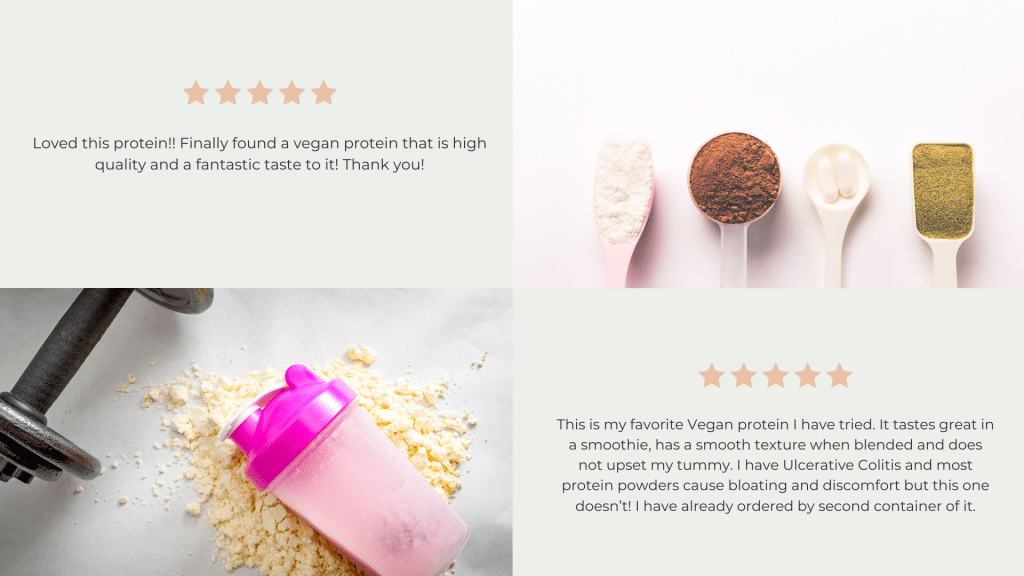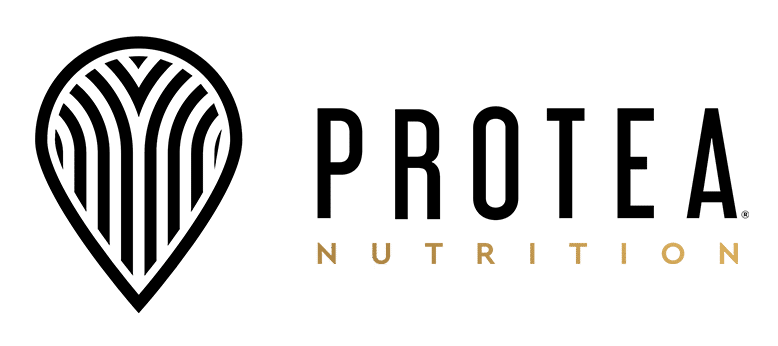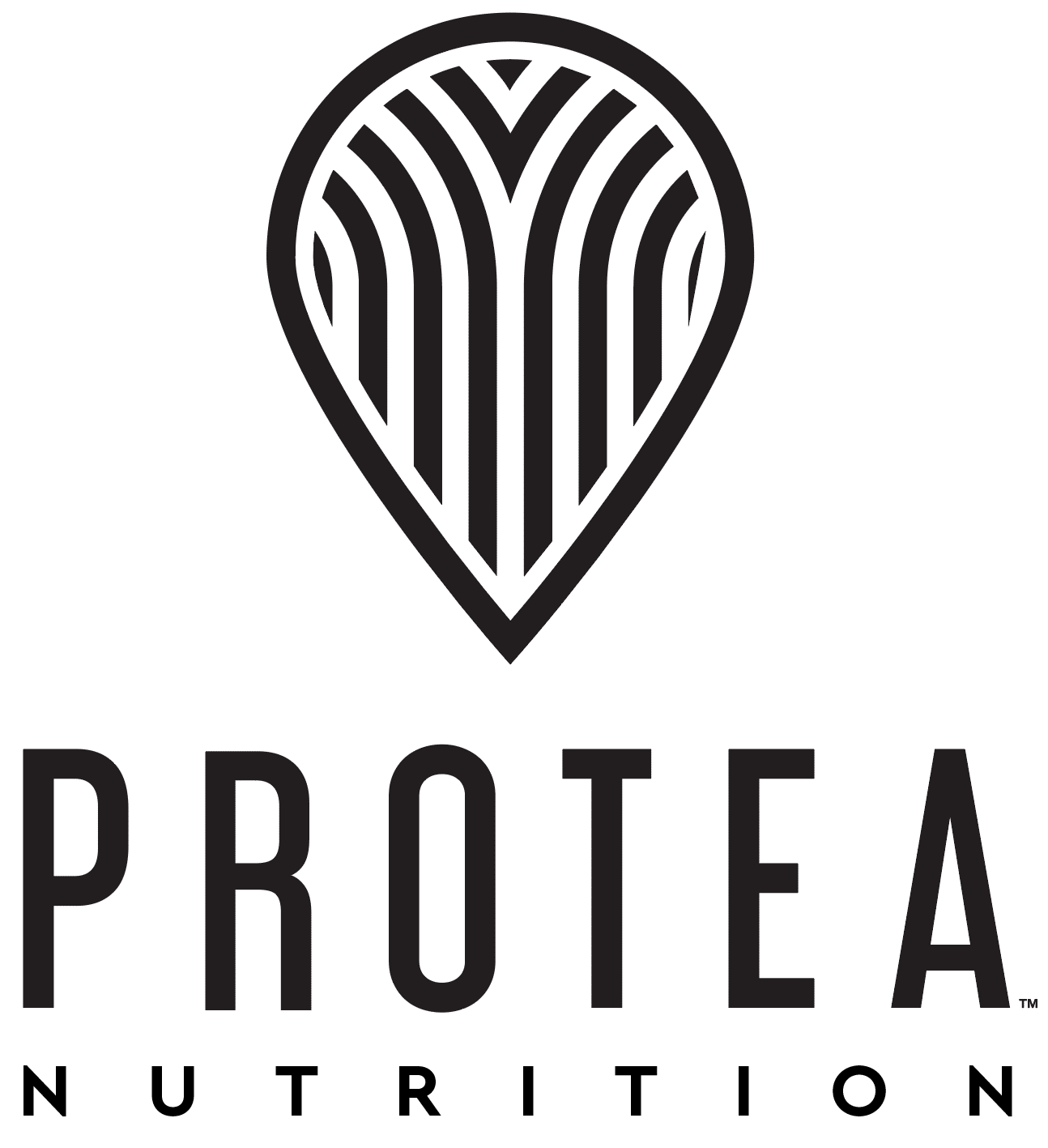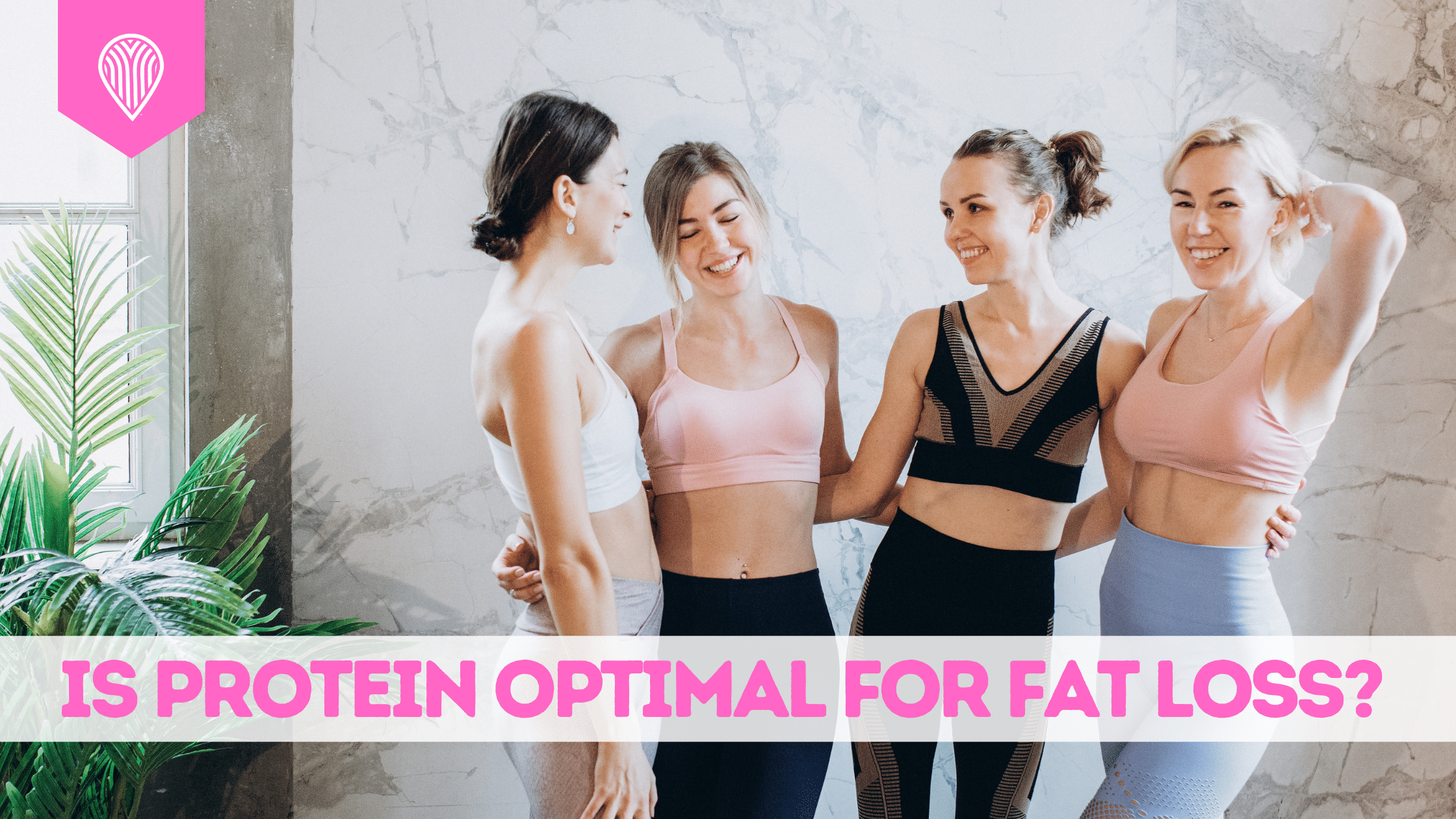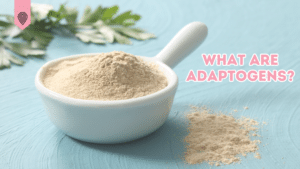Many people equate muscle gains to protein intake and believe that if their goal is to not gain muscle, protein isn’t as crucial for their weight and fat loss goals. However, studies have linked higher protein consumption to fat loss and weight management. This is likely because of the effects protein has on appetite control, metabolism, and energy. It is perhaps these reasons why so many fad diets require adequate protein intake to increase the possibility for fat loss and sustainability long term.
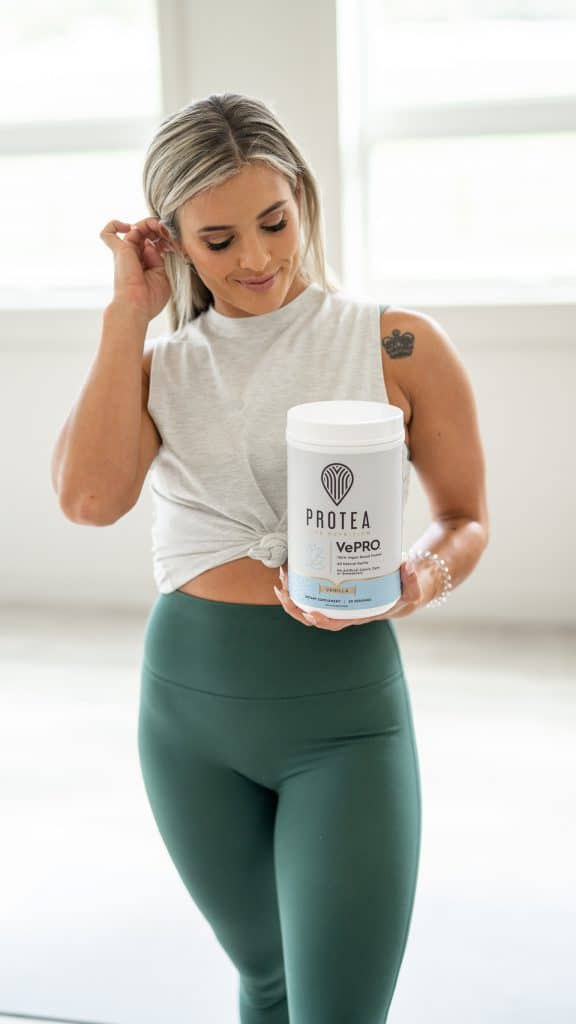
Your brain, specifically your hypothalamus, determines how much and when to eat. It does this through signals sent from various hunger and satiety hormones. A higher protein intake increases satiety hormones while simultaneously suppressing hunger hormones. When it comes to weight loss goals, studies consistently show that people are much more likely to lose weight when they can stick to a caloric deficit. Hunger is cited as a common reason many do not achieve their goals.*
Furthermore, of protein, carbohydrates and fats, protein has the highest thermic effect of food (TEF). What this means is that the body uses energy to breakdown and digest the foods you eat. These processes require energy, or calories. The process of breaking down protein requires significantly more calories (20-30%) than that of carbs (5-10%) and fats (0-3%).
As a result, your body burns more calories just by consuming protein sources. If we take a 100-calorie protein example, 30% of those calories are used in the digestion process, so we end up with 70 calories of usable energy.
Supplying your body with adequate protein will also contribute to sustained energy levels all day. This is because protein provides the body with what it needs to repair and build tissues. Because it takes the body longer to break down and metabolize proteins, they provide a longer lasting energy source than that of simple carbohydrates and sugars. Choosing meals with a protein source will help to curb cravings and frequent, mindless noshing. All of which can make sticking to a weight and fat loss diet very difficult.*
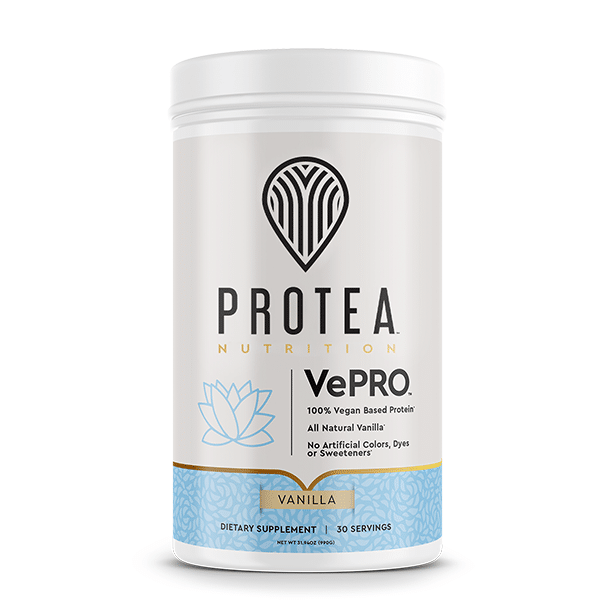
Weight loss doesn’t always equate to fat loss either. Being in a caloric deficit may cause the scale to move, but it can sometimes mean that muscle mass is also decreasing. Especially if your goal is fat loss, you need to be taking in sufficient protein. When we diet and reduce calories, the metabolism also adapts eventually, which is when weight loss plateaus. Eating plenty of protein can help retain muscle mass in a caloric deficit, which contributes to a sustained metabolic rate. However, consuming protein alone won’t increase muscle mass, which is why strength and resistance training, along with protein consumption should also be included in any fat loss plan.*
One quick and tasty way to get in 20 grams of protein is through protein powder supplements. Buyer beware as many protein powders on the market are choc full of sugars and artificial flavors that muddy the benefits of protein in the body. Protea Nutrition’s VePRO contains no dyes, artificial colors, flavors, or additives. It’s pure plant-based protein, which makes if perfect for vegan and vegetarian consumers as well.*
*These statements have not been evaluated by the Food and Drug Administration. This product is not intended to diagnose, treat, cure, or prevent any disease.
